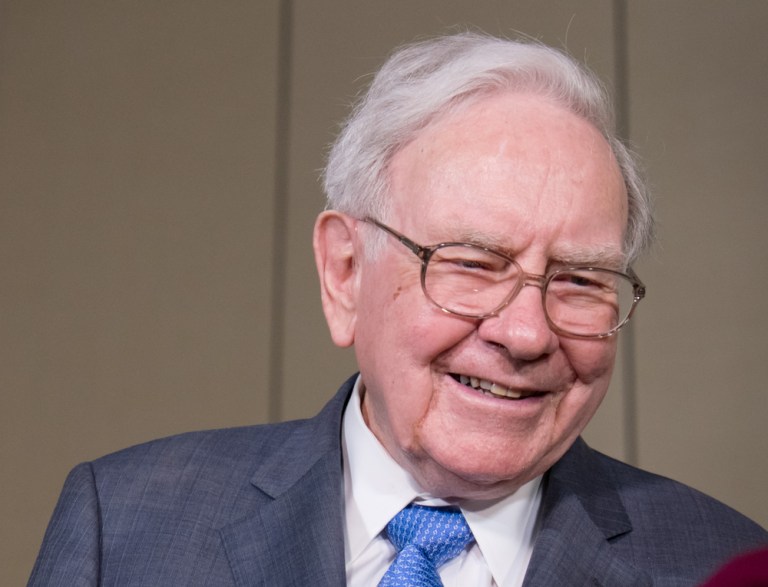Buffet: FDIC Avoided Catastrophe by Covering All SVB Customers

“A run on every bank in the country.”
That’s the scenario federal regulators helped prevent by covering depositors when Silicon Valley Bank (SVB) collapsed in March, Berkshire Hathaway CEO Warren Buffet said Saturday (May 6).
“It would’ve been catastrophic” if the Federal Deposit Insurance Corp. (FDIC) hadn’t done that, said Buffet, whose comments were reported by CNBC from his company’s annual meeting.
When SVB failed, the FDIC used its systemic risk exception to cover all depositors, even those whose funds with the bank exceeded the traditional $250,000 insurance limit.
According to Buffet, allowing uninsured depositors to lose money would have triggered a nationwide bank run. It was a move that — despite criticism over its protection of venture capital firms and startups — was “inevitable,” he told investors.
And while the catastrophe Buffet described never came to pass, the collapse of SVB triggered shockwaves that continue to be felt.
For example, last week saw troubled lender First Republic Bank sold to J.P. Morgan Chase after it, like SVB, was taken over by the FDIC.
That move sent shares of other regional banks tumbling as well, with one bank — PacWest — reportedly considering a sale.
And as noted here last week, concerns about the banking sector extend to Europe, where consumers have begun moving their funds from bank accounts to money market funds and other places that could provide better deals.
Among banks who have seen a loss of deposits were Great Britain’s NatWest and HSBC, where deposits — excluding one-time inflows — fell by $10 billion to $1.6 trillion.
HSBC CEO Noel Quinn said this loss was “nothing significant,” while Standard Chartered finance chief Andy Halford said in an interview with Reuters that he thought consumers would, in the end, choose security over interest payouts.
“We will see people parking their money where it is safe,” he said.
But as PYMNTS wrote recently, believing that bigger banks are always going to be less risky isn’t a safe assumption.
Although the response to the rapid-fire downfalls of SVB, Signature Bank and First Republic have underlined the overall strength of the nation’s banking system, the question remains: who will step in next time a bank goes under?
“JPMorgan is unlikely to keep entering the fray to scoop up smaller players, and there’s no guarantee that we’ll see consortiums of private equity and investor groups banding together, as we saw during the last crisis with, say, IndyMac,” PYMNTS wrote.